Chelsea have picked up 17 points from their last 13 Premier League matches. Tottenham have earned 11 points from their last nine. Arsenal have won one in seven under Mikel Arteta.
All three are supposed to be riding the high of a new manager, not hovering in limbo. If Nigel Pearson can get Watford firing, surely the elite English clubs can get themselves in order faster than this?
Murmurs of discontent are growing, albeit quietly for now and to varying degrees. Spurs fans were never likely to warm to Jose Mourinho and understandably have a shorter fuse. Chelsea fans are beginning to wonder when a more coherent plan will emerge under Frank Lampard . Arsenal supporters, though optimistic, had expected better results by now .
It has been a particularly strange season across the Premier League.
No team between third and eighth has collected more than nine points from their last six games. Fifth and 13th are separated by only five points. Southampton, in the relegation zone five weeks ago, are three points behind Champions League hopefuls Manchester United. The quality, or at least the consistency, in the Premier League has rarely been so low.
One could argue that only five clubs – Liverpool, Leicester City, Sheffield United, Wolves, and Crystal Palace – are having good seasons. But while Chelsea, Spurs, and Arsenal fans are not alone in bemoaning the lack of vision, cohesion, or technical ability in their teams, they stand out as clubs with recent manager changes who just can’t seem to click into gear.
Short-termism is a plague on modern football. The extraordinary revenue available in the Premier League and Champions League, which is then immediately invested in player wages and transfer fees, creates a financial imperative to remain in these competitions. That in turn encourages alarmist decision-making and risk-averse strategies as clubs desperate to bring order to the chaos become trigger-happy on the one variable they can control: the manager.
The ‘new manager bounce’ becomes a vital component of the long-term project, while 18-month managerial cycles are accepted as a necessary way to keep the players on their toes – to keep lurching forward and scrape by in lucrative competitions. When fear is driving decisions, it becomes much harder to remain composed in a long-term vision and all the bumps in the road that come with it.
This process has become such an inevitable, and largely unconscious, part of football that fans have come to reflect that impatience, the obsession with income streams, and the need for immediate impact.
No wonder people are already questioning Lampard’s viability beyond this season and Mourinho’s suitability to the Tottenham job , or are going over Arteta’s first few games with a fine tooth comb for signs of progress.
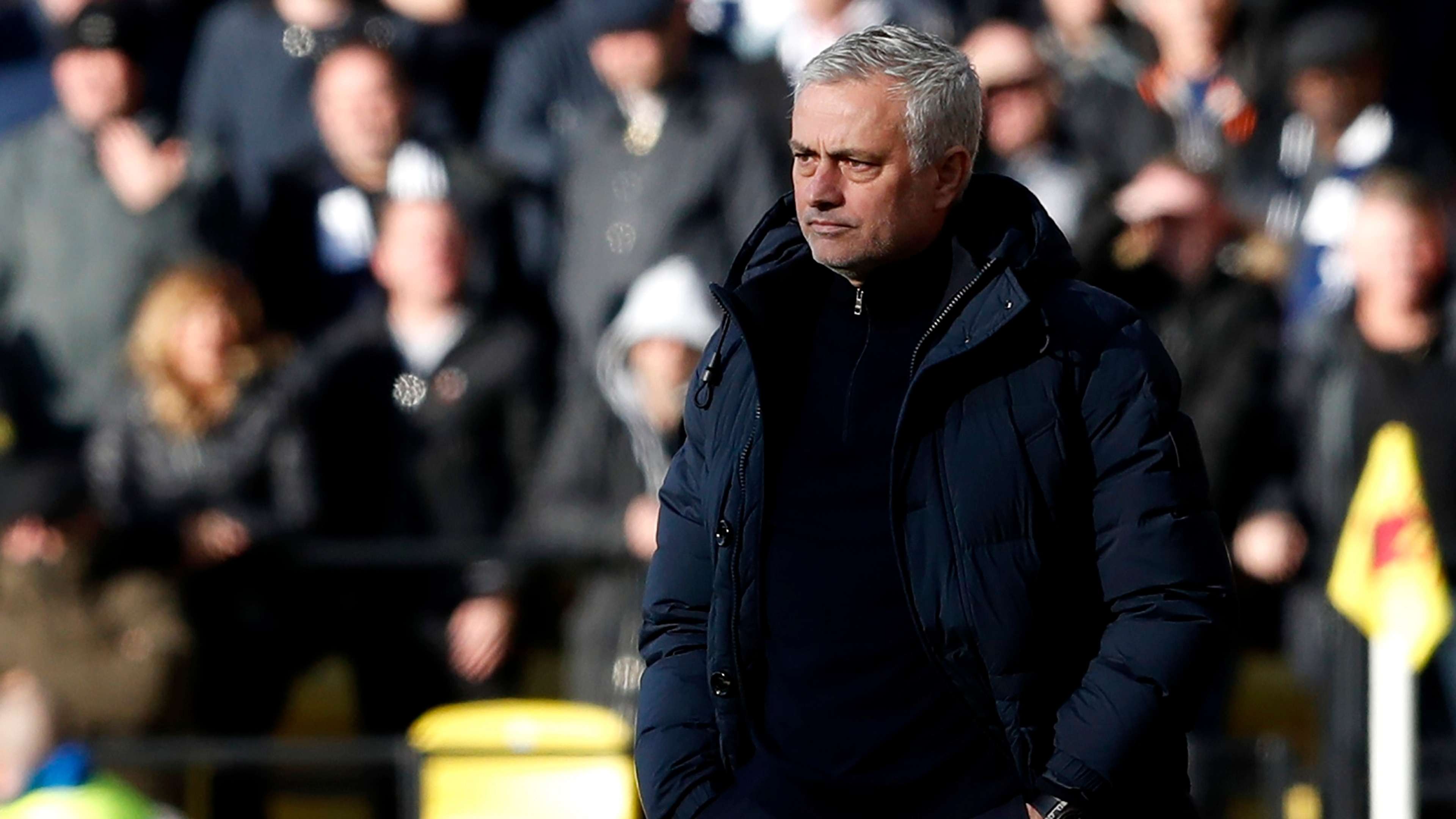 Getty Images
Getty Images
That cycle needs to be broken because the growing financial chasm in football hasn’t just created short-termism, it has fundamentally changed the tactical dynamic of the sport. Managerial projects have never needed so much time and yet coaches at the top of the game have never been so vulnerable; so encouraged to find quick fixes.
Premier League football is now distinctly territorial. Clubs down the table have accepted their place in the food chain and adapted, hiring managers who concentrate primarily on defensive organisation and how to diligently hold a deep block. They know they cannot compete as equals, which is why the vast majority of games are now attack versus defence; possession versus counter.
Between 2003 and 2006, only three Premier League matches saw one team hold 70 per cent or more possession. In the last couple of years the figure has been closer to 75 per year.
As the weaker club retreats, the stronger must adapt; find new ways to create space in a congested final third. As recently as five years ago the main focus of elite-level coaching was how to move the ball into the opposition’s defensive zone. Nowadays that is a given, a necessity forced upon you, and so focus has shifted onto how to prise the opposition apart and turn that possession into clear-cut chances.
It is a major cultural shift that has made football tactics more complex than ever before; in an attritional war, patience, teamwork, the rhythms of a game, confidence, cohesion, and specifically coached attacking moves are vital. Such is the complexity of the whole, if any of these aspects falters then everything falls down like a deck of cards.
It is why Manchester City’s collapse felt so strong and so sudden when just one player got injured, or why – prior to the last 18 months of perfection – Jurgen Klopp’s Liverpool’s brilliant form was interrupted with sudden bouts of chaos.
And so it is unfair to expect anything more from Lampard, Mourinho, or Arteta over the next six to 12 months. What they need to be coaching – the ‘automatisms’ of football, synchronised moves practiced until muscle memory – takes a painstaking length of time to implement.
Crucially, the system can look aimless right up until the moment things click. It happened with Klopp at Liverpool and at Borussia Dortmund, while Guardiola’s first season at City left many questioning whether he could make it in English football.
Clubs lower down the Premier League, like Watford, can make dramatic improvements with relatively simple defensive changes. The fact Pearson can turn things around has little bearing on what is needed to manage at the top; to counterattack quickly down the flanks requires nowhere near the coaching expertise of what Arteta and Lampard are trying to do at Arsenal and Chelsea.
It can be excruciating for fans conditioned to be impatient, but at no point in history have coaches needed more time, and unconditional support, than in this age of tactical complexity in the final third.
Fans must give it to them, or risk their club becoming trapped in a cycle of quick fixes; of tactics designed for short-term impact - the kind that cannot win titles.
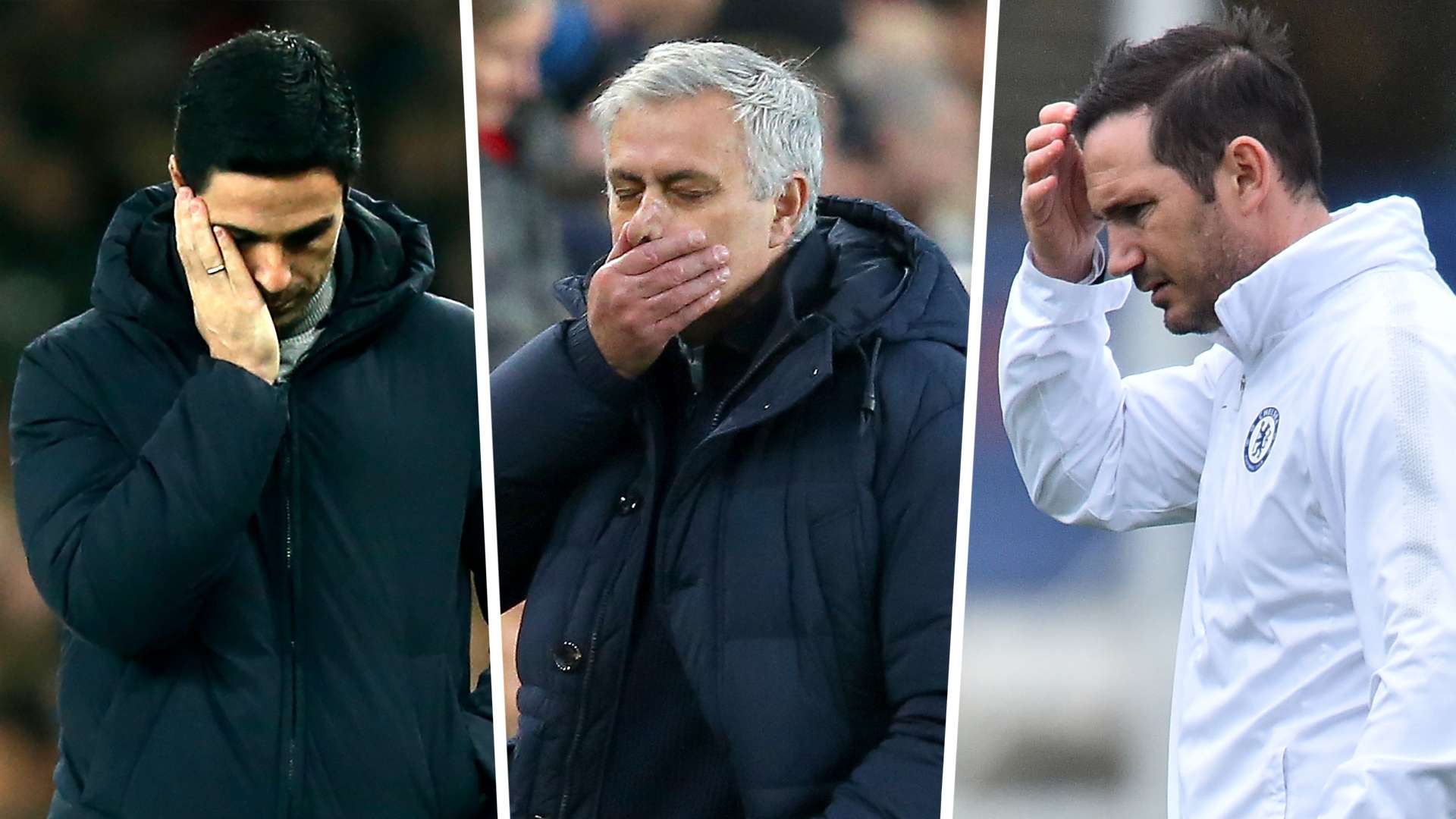
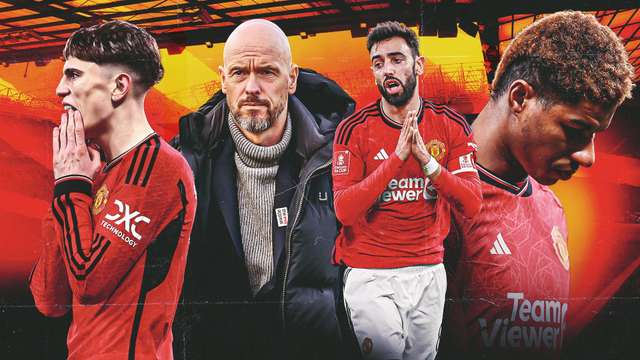
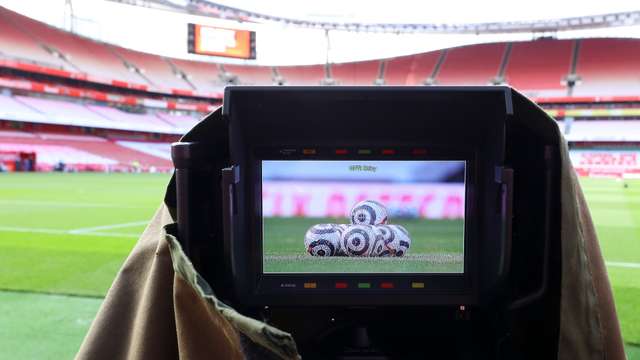
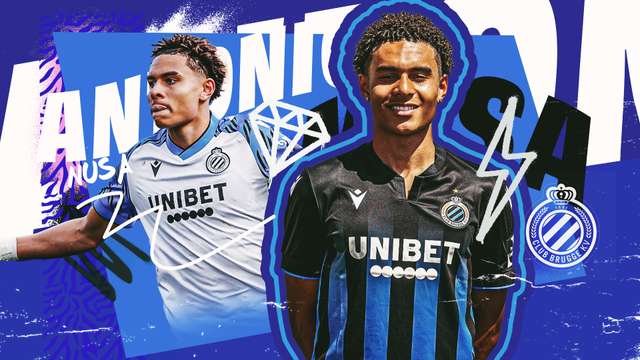
-min.png?auto=webp&format=pjpg&width=640&quality=60)